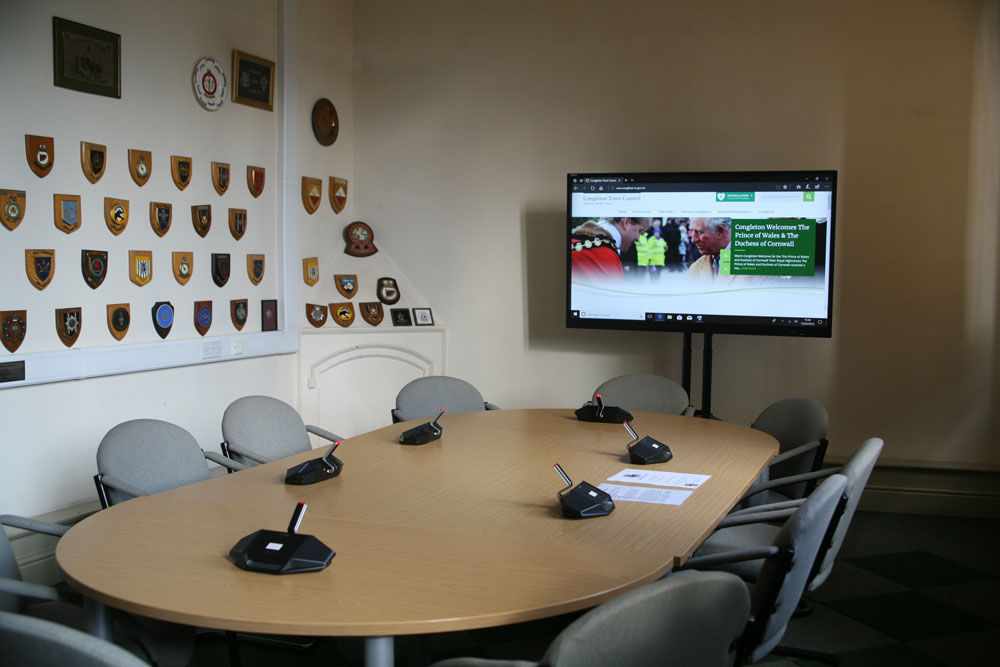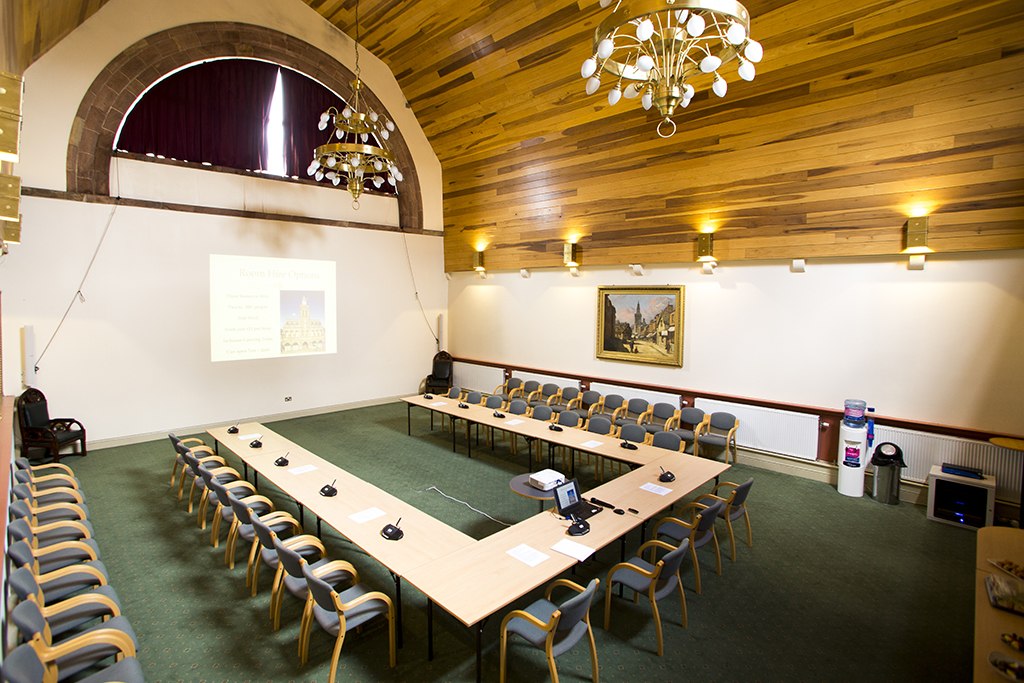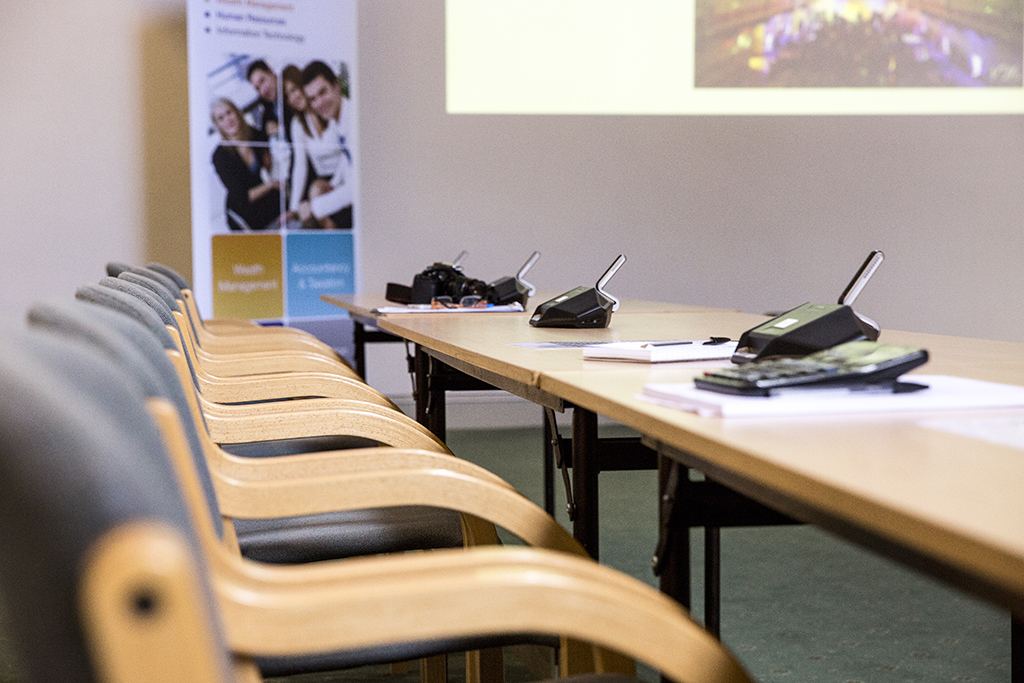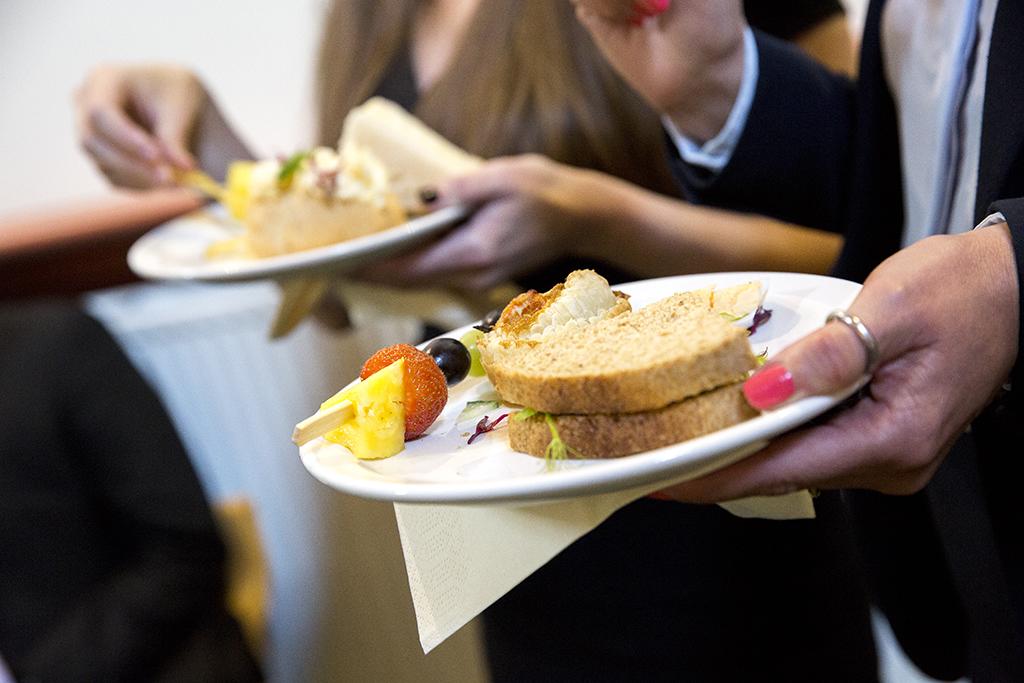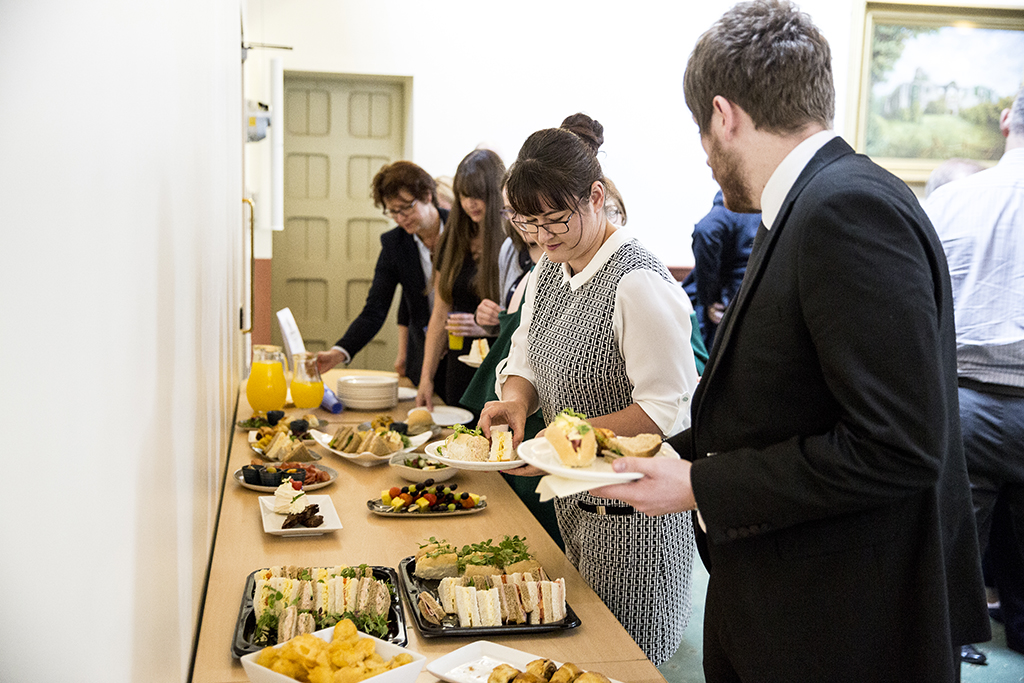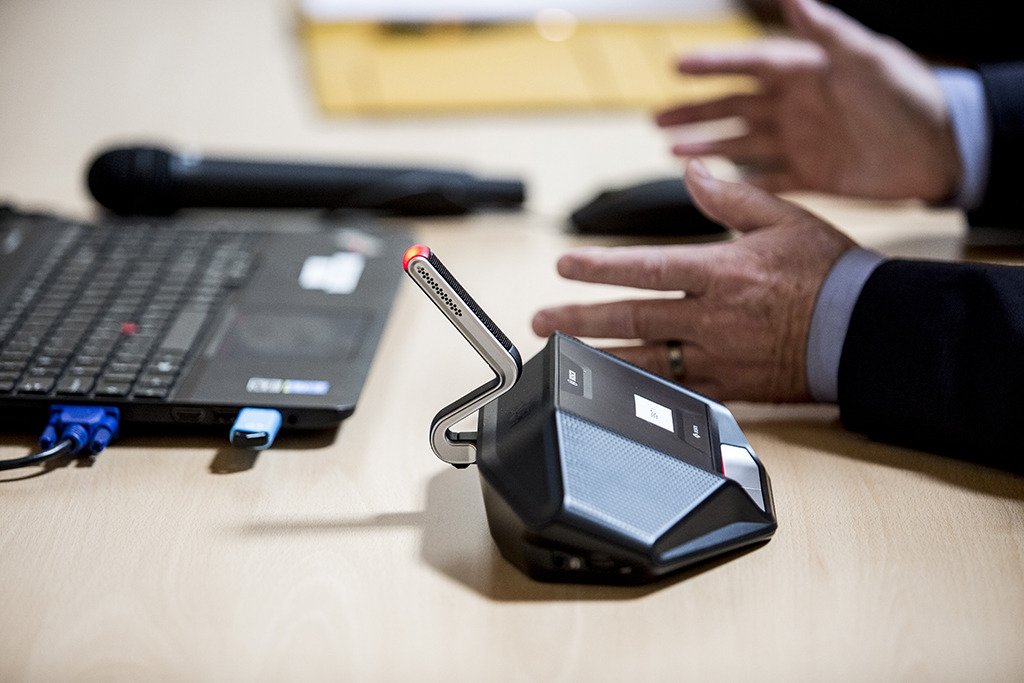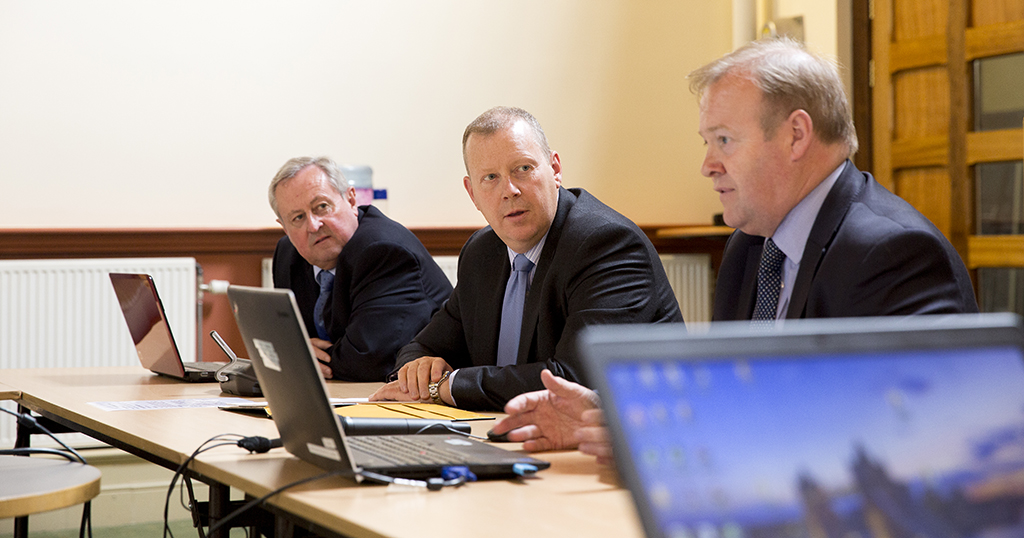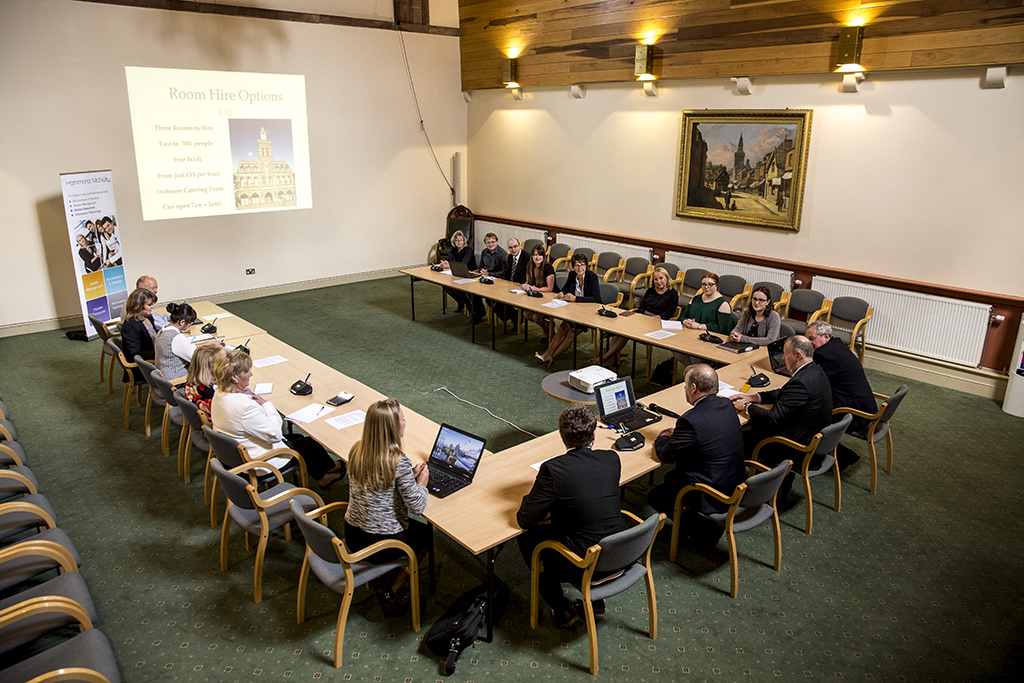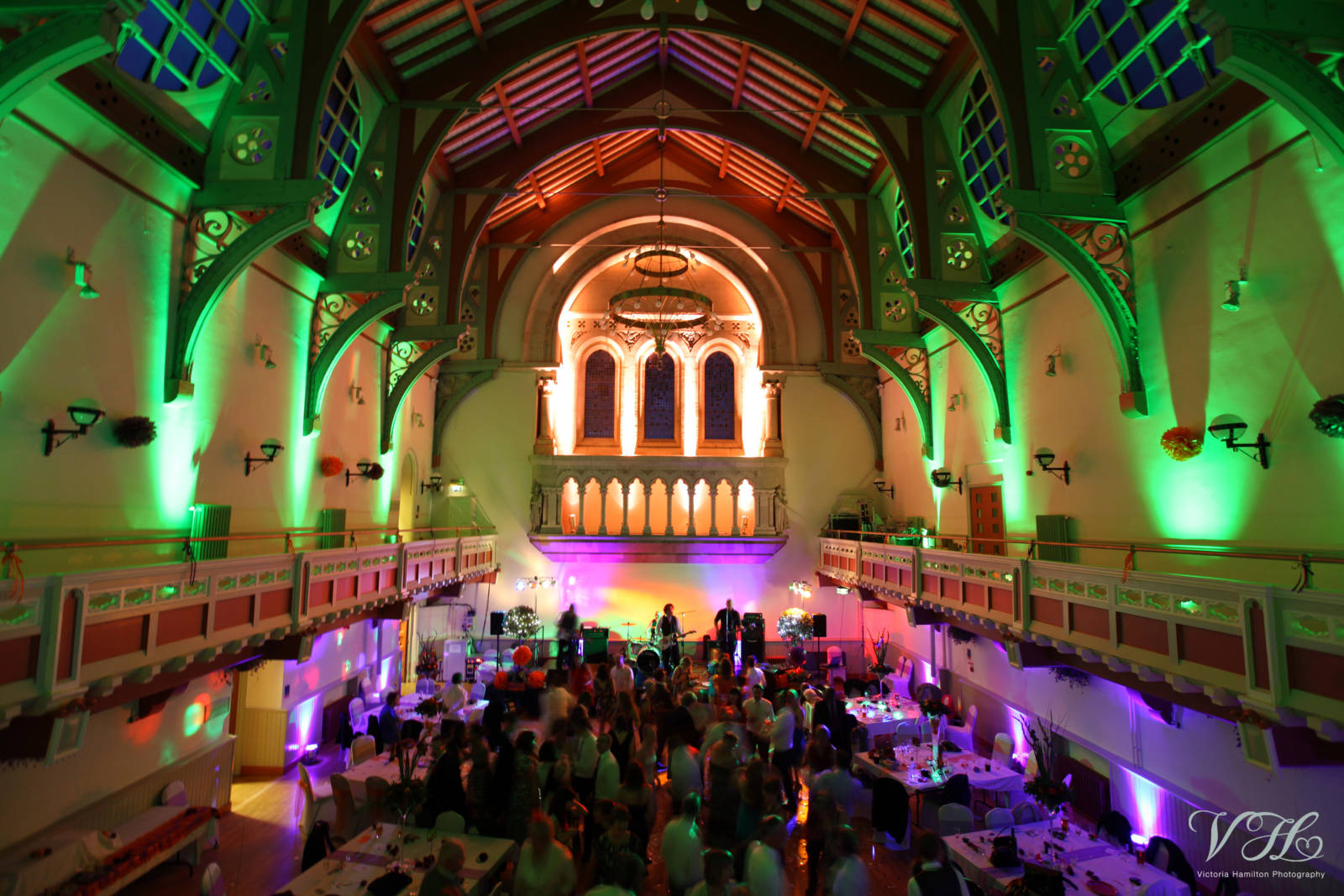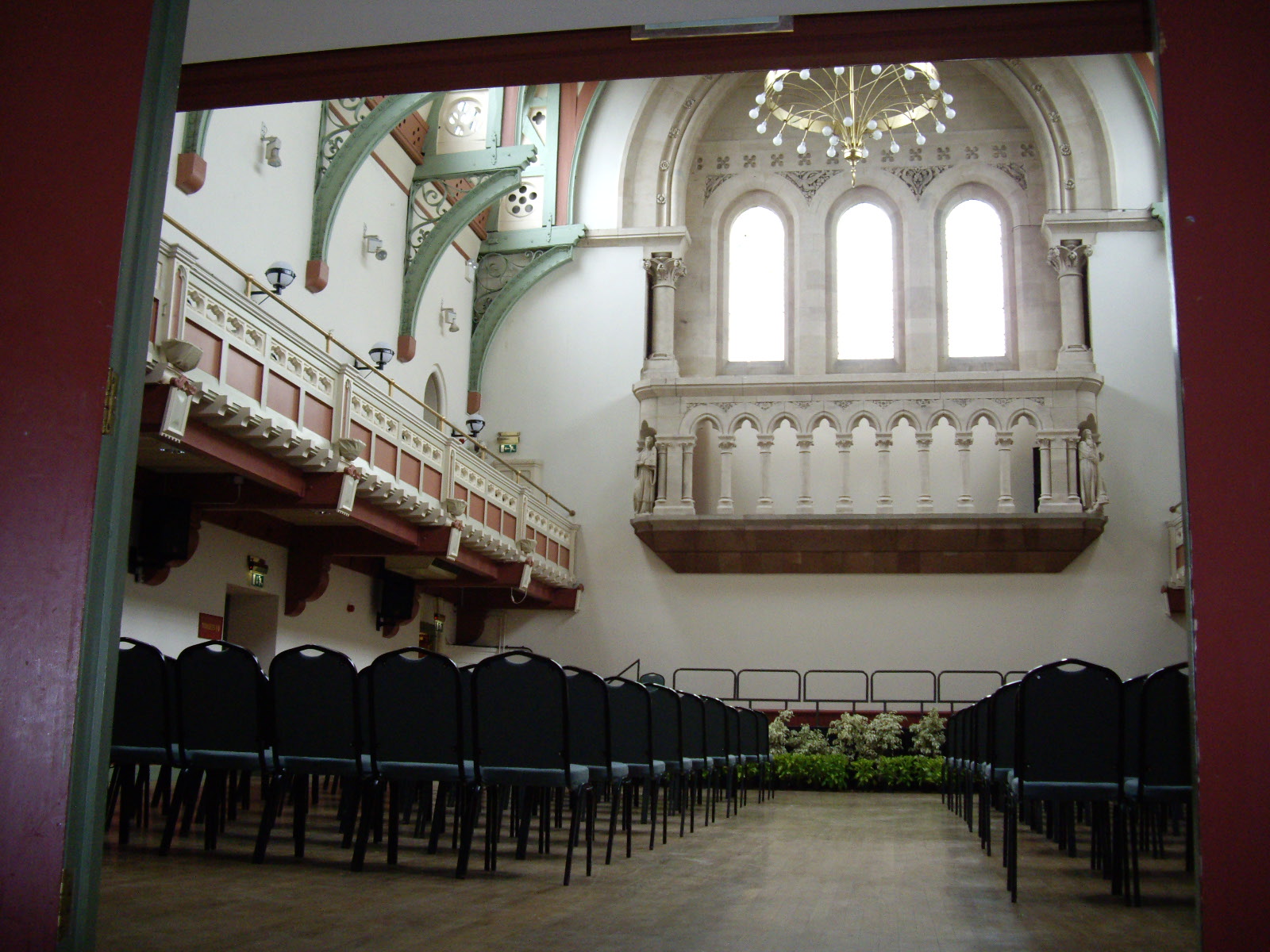Glossary of Green Words
5 Rs – A build on from the 3 Rs, “Reduce, Reuse, Recycle”, extended to the 5 Rs which are:
Refuse, Reduce, Reuse, Repurpose, Recycle or sometimes; Refuse, Reduce, Reuse, Recycle,
Rot.
- Refuse – say no to new stuff or even to gifts from people.
- Reduce – reduce how much you buy, own and how much you waste, including
water and energy. - Reuse – reuse anything you can rather than throwing it away. (This also includes
repairing things) - Repurpose – if you can’t reuse it as it is then repurpose it and make something
else useful. - Recycle – to recycle means to convert waste materials into new materials and
objects. - Rot – anything that can’t be recycled should be able to rot.
Acidification – There’s a decrease in the pH of the oceans which is referred to as Ocean
Acidification. This is being caused by the increase in carbon dioxide from the atmosphere.
Higher acidity is thought to be the cause of reproductive problems in fish and has been
proven to hinder shell growth in marine animals.
Aerial Litter – A balloon release, sky lanterns and even fireworks are all forms of aerial
litter, i.e. releasing things into the sky that will come back down to earth somewhere and
end up being litter.
Biodegradable – a product or substance that can decompose naturally (by bacteria or living
organisms).
Biodiversity – Biodiversity refers to the variety of plant and animal life in an area.
Bioenergy – Is the energy produced from burning biomass.
Biofuel – Biofuel is made from natural materials, normally from recently harvested plants. Biogas, Biodiesel and Green Diesel are all biofuels. Biofuel can be gas, liquid or solid.
Biogas – Biogas is the gas (primarily methane and carbon dioxide) captured from the
breakdown of organic matter (such as food waste, animal manure or even sewage) in an
anaerobic environment (anaerobic means without oxygen).
Biomass – Biomass is defined as all plants and plants-derived materials including feedstock
such as vegetable oils, forestry residues, wastes from pulp and paper mills, urban wood
wastes, animal manure, plants, grains, and animal-based oils. Congleton Town Council uses
compost made from the Biomass created from the green bins.
Biosphere – The biosphere refers to all parts of Earth where life exists. (Bios = life in Greek).
Blackwater – Blackwater is the waste from toilets, it can contain faeces, urine, water and
toilet paper.
Blue Water – When discussing ‘water footprints’, blue water refers to the surface and
groundwater used for irrigation.
Carbon Credit – A carbon credit is a permit or certificate allowing the holder, such as a
company, to emit carbon dioxide or other greenhouse gases. The credit limits the emission
to a mass equal to one ton of carbon dioxide. The ultimate goal of carbon credits is to
reduce the emission of greenhouse gases into the atmosphere.
Carbon Emissions – CO2 emissions are increasing. Burning oil, coal and gas, as well as
deforestation are the primary cause of the increased carbon dioxide concentrations in the
atmosphere.
Carbon Footprint – Your carbon footprint is the amount of carbon emitted as a result of
your activities. A product can have a carbon footprint – for example, a product flown to the
UK from Thailand has a larger carbon footprint than something which has travelled within
the UK.
Carbon Neutral – A carbon-neutral business, product or service can be achieved when the
totality of residual greenhouse gas emissions (CO2e) emitted is offset by verified carbon
offset projects. Carbon offset projects make a decisive contribution to combating global
warming by demonstrably saving greenhouse gases. These projects can take the form of tree
planting, reforestation, peatland regeneration or the development of renewable energy.
Good practice dictates that CO2 emissions should be reduced to a minimum prior to
engaging with offsetting projects to offset the residual quantities.
Carbon Offset – Quite a few companies, offer the chance to offset your carbon footprint.
Most carbon offset schemes involve tree planting.
Carbon Tax – The UK is considering a carbon tax, something some other countries already
have in place. This measure would introduce a tax on carbon dioxide emissions (and other
greenhouse gas emissions on a carbon equivalent basis) produced by UK stationary
installations. The tax would be known as Carbon Emissions Tax and collected by HMRC
annually.
CFCs – Chlorofluorocarbons are now banned as their use in aerosols and fridges, amongst
other things.
Circular economy – a model of production and consumption which involves sharing, leasing,
reusing, repairing, refurbishing and recycling existing materials and products as long as
possible.
Climate Action – People around the world are demanding Climate Action, wanting
Governments to put policies in place to reverse the effects of climate change
Climate Change – When the Earth’s climate demonstrates new weather patterns that last
for a few decades, this is classed as climate change. Much of the recent climate change can
be attributed to the increased use of fossil fuels resulting in increased carbon dioxide in the
atmosphere.
Climate Crisis – Climate change has been known about for many years however it’s now
believed that we have very few years before the damage we’ve caused is irreversible so it’s
commonly referred to as a climate crisis instead.
Co-benefit – The positive effects that a policy or measure aimed at one objective might have
on other objectives.
Compost – Compost is organic matter that has decomposed.
Decompose – Decomposition is the decaying or rotting process.
Dioxins – Highly toxic chemicals found everywhere that are extremely harmful to health. Known as Persistent Organic Pollutants (POPs) because they remain in the soil, air and water for many years.
Eco-Anxiety – Feeling overwhelmed by the state of the planet and feeling helpless
can make people struggle with eco-anxiety.
Ecological Breakdown / Collapse – An ecological breakdown is when an ecosystem has been
affected in such a way that it can no longer support all organisms, which can lead to mass
extinctions.
Ecosystem – An ecosystem describes a variety of different organisms living in conjunction
with their non-living environment. The living and physical components are linked together
through nutrient cycles and energy flows.
Eco Tourism – Travelling is not particularly environmentally friendly especially if you’re
traveling a long way by plane or by cruise ship. Eco-tourism is a growing movement of tours,
activities and accommodation that put the planet first.
Environmentally Friendly (Eco-Friendly) – If something is environmentally friendly or ecofriendly it is not harmful to the environment.
Fast Fashion – Inexpensive clothing that is mass-produced. As clothes can be produced so cheaply some people wear items just once before throwing them away.
Fossil Fuels – Fossil fuels are formed over millions of years from organic matter such as plants and other life forms. Fossil fuels include coal, natural gas, oil and petroleum. The burning of fossil fuels produces around 21.3 billion tonnes of carbon dioxide per year so it’s a major contributor to climate change.
Fracking – Fracking involves injecting liquid at high pressure into subterranean rocks, boreholes, to force open existing fissures to be able to extract oil or gas.
Free Range – The definition of free range means livestock, especially poultry, is kept in natural conditions, with freedom of movement.
FSC – The Forest Stewardship Council is an independent, non-governmental, not-for-profit
organisation established to promote the responsible management of the world’s forests. Look for FSC certification which guarantees that the FSC-labelled product has come from a forest and supply chain that is managed responsibly.
Global Warming – A gradual increase in the overall temperature of the earth’s atmosphere
generally attributed to the greenhouse effect caused by increased levels of carbon dioxide,
CFCs, and other pollutants.
Glyphosate – is a toxic herbicide used to kill unwanted weeds. It is not used by Congleton Town Council.
GMO – Genetically Modified Organisms. The organisms are artificially manipulated (using bacteria or viruses) to create plants or animals that you wouldn’t find in nature.
Green Build – Building using the most environmentally friendly materials from planning and construction right through to the end product. Will contain energy-efficient heating, electricity and appliances.
Green Burial – A burial which doesn’t involve cremation or embalming fluids and uses a
biodegradable coffin.
Green Supply Chains – successfully integrating environmentally responsible principles and
benchmarks into supply chain management. www.ethicalconsumer.org
Green Tariff – A green supply tariff means that some or all of the electricity you buy is ‘matched’ by purchases of renewable energy that your energy supplier makes on your behalf. These could come from a variety of renewable energy sources such as wind farms and hydroelectric power stations.
Greenhouse Effect – The greenhouse effect is the problem caused by increased quantities of gases such as carbon dioxide in the air. These gases trap the heat from the sun, and cause a gradual rise in the temperature of the Earth’s atmosphere.
Greenhouse Gas (GHG) – This is a gas that contributes to the greenhouse effect. Carbon dioxide, methane and chlorofluorocarbons (CFC’s) are examples of greenhouse gases.
Greenwashing –Greenwashing is a term used when an organisation either explicitly or by clever marketing claims that their product is environmentally friendly when it isn’t.
Green Water – Green water refers to rainwater.
Greywater – Whereas blackwater is the waste from toilets, greywater is the waste from all other household water sources (laundry, kitchen and bathrooms sinks, baths and showers
etc). Greywater can be reused in many instances. Grey water also refers to the freshwater
used to disperse fertilizer and pesticides when talking about water footprints of products.
Herbicide – Herbicides are more commonly known as weedkillers.
Insetting – A similar principle to offsetting, however the carbon saving occurs within an
organisation’s supply chain or local authority region.
IPCC – The Intergovernmental Panel on Climate Change is the United Nations body for
assessing the science related to climate change.
LED – Light Emitting Diode. LED lights last longer and are more energy efficient.
Localism – supports local production and consumption of goods (thereby reducing emissions and also strengthening local employment and community) e.g. www.bideplanet.com
Microplastics – Microbeads, which have now been banned in the UK, are a good example of
microplastics, but microplastics can also be produced by larger plastics breaking down into
smaller pieces. Microplastics are often mistaken as food by marine life.
Net Zero – Net zero refers to a state in which the greenhouse gases emitted into the
atmosphere are balanced by the equivalent amount of greenhouse gas removals for an
organisation. The aim is to have a long-term plan to reduce emissions as close to zero as
possible and to remove the residual emissions by carbon capture or carbon absorption
techniques.
Offsetting – Carbon offsetting refers to the purchase of a tradeable unit, representing
emissions rights or emissions reductions, to balance the climate impact of an organisation,
activity or individual. Although they can be stored and traded like a commodity, they are not
material things; offset credits are not literally “tonnes of carbon” but stand in for them and
are better regarded as intangible assets or financial instruments. To act as an offset, units
must be cancelled to represent a reduction and prevent further trading.
Organic – The production of food or farming methods that doesn’t use chemicals.
Ozone Layer – The ozone layer absorbs most of the harmful ultraviolet rays from the sun. It
could be described as earth’s shield.
Peat-free compost – Congleton Town Council uses and encourages the use of peat free
compost to help preserve our rare peat bogs which support biodiversity and the wider
environment. Peat bogs are important carbon stores.
Pesticide – A pesticide is a substance, normally chemical, which kills insects and organisms
which may cause damage to crops or plants.
REGO – The Renewable Energy Guarantees of Origin (REGO) is a certification scheme to
verify the origins of renewable electricity in the UK.
Renewable Energy – Energy which is collected from renewable resources like the sun, wind,
waves and geothermal heat.
Residual emissions – The estimated emissions remaining or left-over after reductions have
been applied.
Rewilding –Rewilding is about actively restoring wild nature – the term under gardening is
also sometimes referred to, but this is about leaving a garden or space to return to nature
by itself.
ROC – A Renewable Obligation Certificate is designed to encourage the generation of
electricity from eligible renewable sources in the United Kingdom.
Sequestration – The uptake of carbon-containing substances, in particular carbon dioxide
from the atmosphere.
SCATTER: Setting City Area Targets and Trajectories for Emissions Reduction. This is the tool
used in Cheshire East reports to consider borough-wide emissions and future emission
pathways.
Definitions of SCOPE 1, 2 and 3
Scope 1/2/3 are accounting terms taken from the GHG Protocol accounting standard
- Scope 1 emissions primarily relate to natural gas for heating and fuel used by owned
or controlled vehicles. - Scope 2 relates to purchased electricity
- Scope 3 emissions include waste, procurement activities and employee commuting
Single-Use Plastic – An extremely wasteful use of resources.
Slow Fashion – Slow fashion is about reducing your consumption of clothes and purchasing
quality instead of quantity, i.e. clothing items that can last for years or even a lifetime.
Solar Energy – One of the best ways of using renewable energy is to have solar panels fitted
to your property. Your bills, long term, should go down.
Sustainable / Sustainability – Being sustainable means not depleting natural resources in
order to maintain an ecological balance. In the simplest terms, if a tree is chopped down
another is planted to replace it.
Upcycle – Upcycling means to repurpose an item so as to create something of higher quality
or value than the original.
Vegan – Being vegan doesn’t just mean not eating any animal products, it’s a whole lifestyle revolving around not using or purchasing anything that contains any animal products or has caused harm to an animal.
Vegan diet – A vegan diet is one which excludes all animal products from the diet.
Waste Stream – A waste stream follows a product from its source to its disposal, whether that’s in landfill or recycling.
Zero Waste – Where individuals, organisations or businesses try to create no waste which will end up in landfill.
source: ethicalconsumer.org
Last Updated: 6th February 2024


